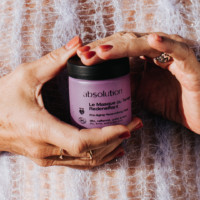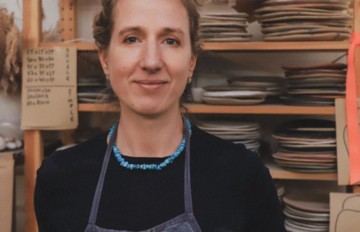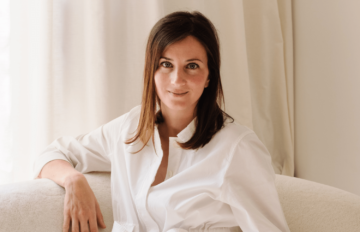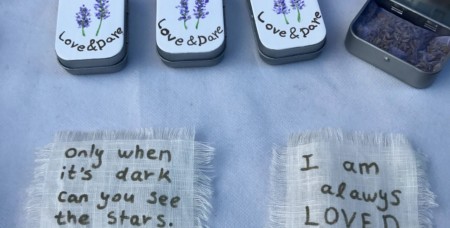
Living in harmony: the search of sophrology
Since its origins in the 60s, sophrology seeks to heal the mind by listening to the body. Adapted to deal with the stress of modern life, it goes further and provides tools for those who want to better listen and express themselves.
How can we act on our conscience? This is what drove Alfonso Caycedo as he set out to explore ancestral relaxation practices. This Colombian neuropsychiatrist with a training in hypnosis is in search of a therapeutic alternative to treat his patients without using electroshock and insulin injections. That is why he set out to found in 1960 a new study of the harmony of the mind, known as “sophrology”. More reliable in appearance than the hypnosis from which it derived, this approach borrows from various influences, both medical and spiritual. In fact, its ambition goes beyond the clinical framework (as it does not deal with pathologies), earning it to be perceived as “New Age” by part of the scientific community from the 1970s.
Sophrology is the result of the explorations carried out by Alfonso when he traveled in 1965 to Asia to discover Indian yoga, Buddhist meditation and Japanese Zen. Equipped with an encephalogram, he attempted to analyze what is happening in the brains of meditators and was fascinated by their ability to reach a state of “hyperconsciousness”, in perfect harmony with themselves and their environment. Back in Europe, he enriched sophrology with the teachings of Eastern wisdom. Through physical relaxation exercises similar to yoga, Alfonso has developed a method to soothe and awaken consciousness, in order to detach ourselves from harmful addictions, stress or traumas.
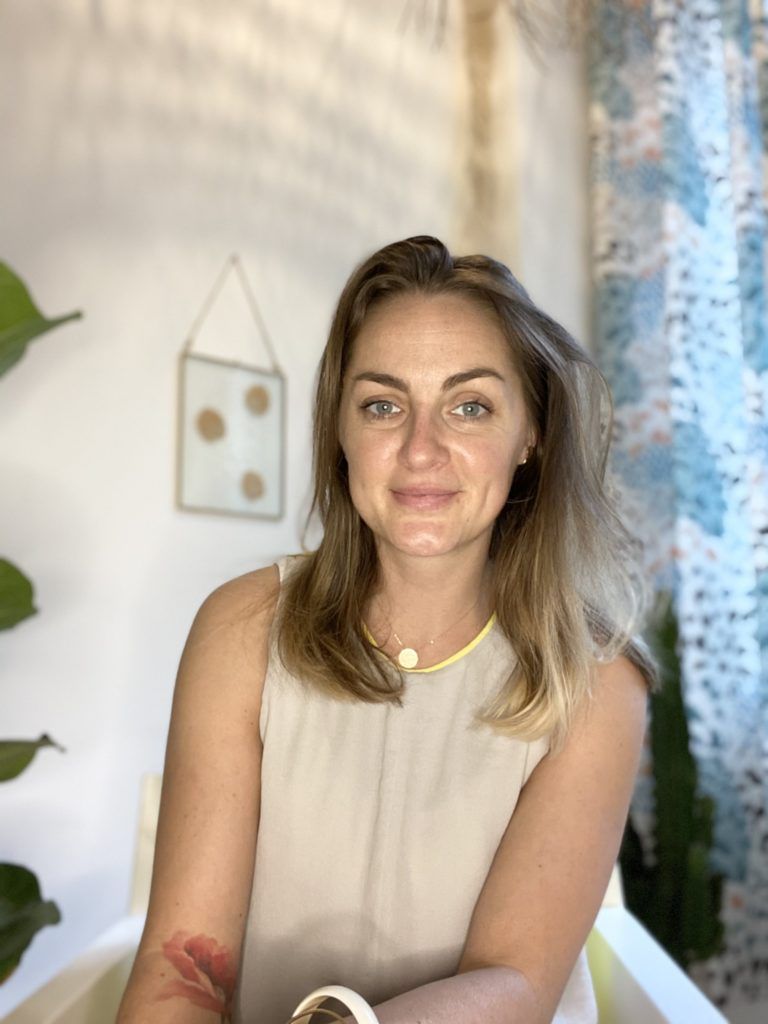
“The initial observation is that we have lost the ability to link our bodies with our minds”, explains Juliette Bosramier, sophrologist and hypnotherapist since 2013 in Paris.
What seems obvious elsewhere is much less here in the West, where we have forged the idea that the mind rules over everything else. “We make very poor use of our body, often seen as an enemy. But its role is not to act against us, adds Juliette. On the contrary, it speaks to us and it is us who refuse to listen.” Sophrology therefore helps to create a positive link between the psyche and the physical. And our health depends on it! Because of our stressful lives, saturated with screens and solicitations, we do not allow the break time that our our brains need to fully function.
Juliette Bosramier
Yet our well-being is of great concern to us, much more than it was for past generations. Are we in the right place, on the right track? This thirst for self-fulfillment and individual performance can paradoxically turn into anxiety, when added to social and and family pressures. When the mind takes precedence over the body, when the emotional “overflows”, it is often a sign of disharmony between body and mind.
To better manage our emotions, sophrology favors the exploration of our sensations. How? A typical session has three stages: starting with breathing and dynamic relaxation, then visualization. The first two help relieve tension. You learn to breathe differently, to relax your numb muscles. You then become aware of your body, each part after the other, according to the principle of Indian chakras. Visualization places us in a modified state of consciousness between waking and sleeping, called “the sophroliminal level”. Our heart rate slows down, our body is paused and our mind relaxed: the conditions are then met so that sophrological work can be exercised. Projecting into the future, repairing a past trauma or resolving a present conflict, the applications are multiple and adapt to each person’s experience.
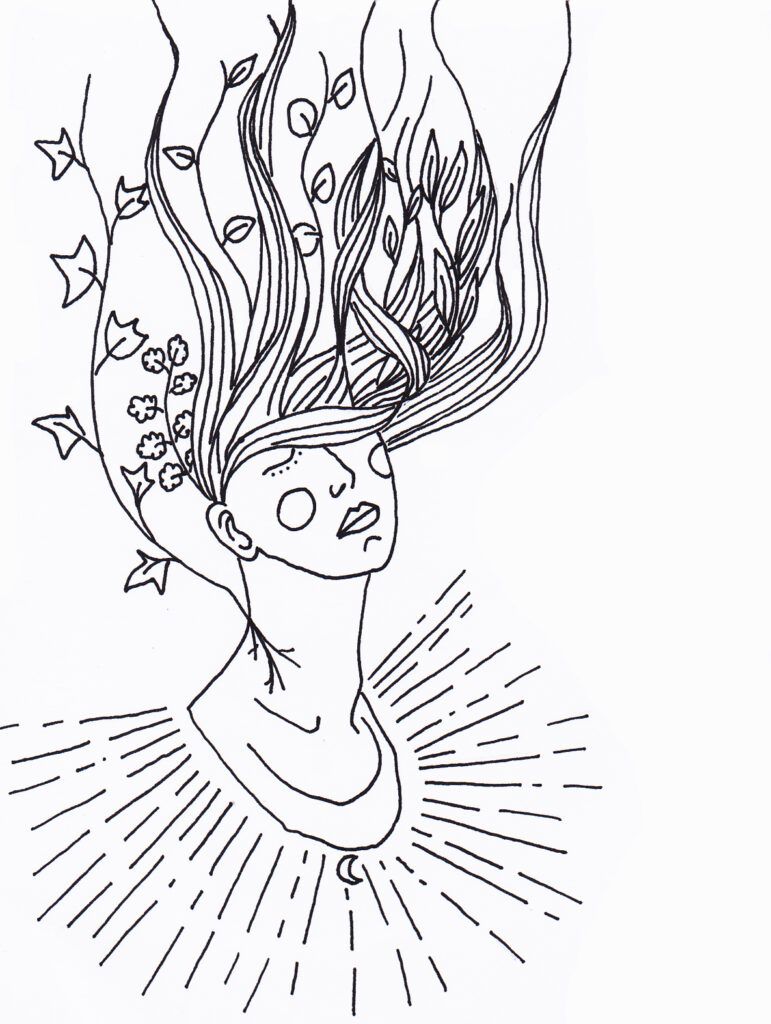
Therapeutic support for sophrology is short, from three to four sessions to better manage stress, for example. It is also empowering: each exercise can be reproduced at home, in full autonomy. A reassuring way to act in a crisis or on a daily basis for long-term benefits. Its impact is also long-lasting: some patients radically change lives as a result of their therapy. Connected to their bodies, aligned with their desires, they are ready to deviate from their professional or intimate paths to live in better harmony with themselves.
To learn more about sophrology, you can follow Juliette Bosramier on Instagram @sophrologiehypnoseparis and read her upcoming articles here on Beauty Therapy!












